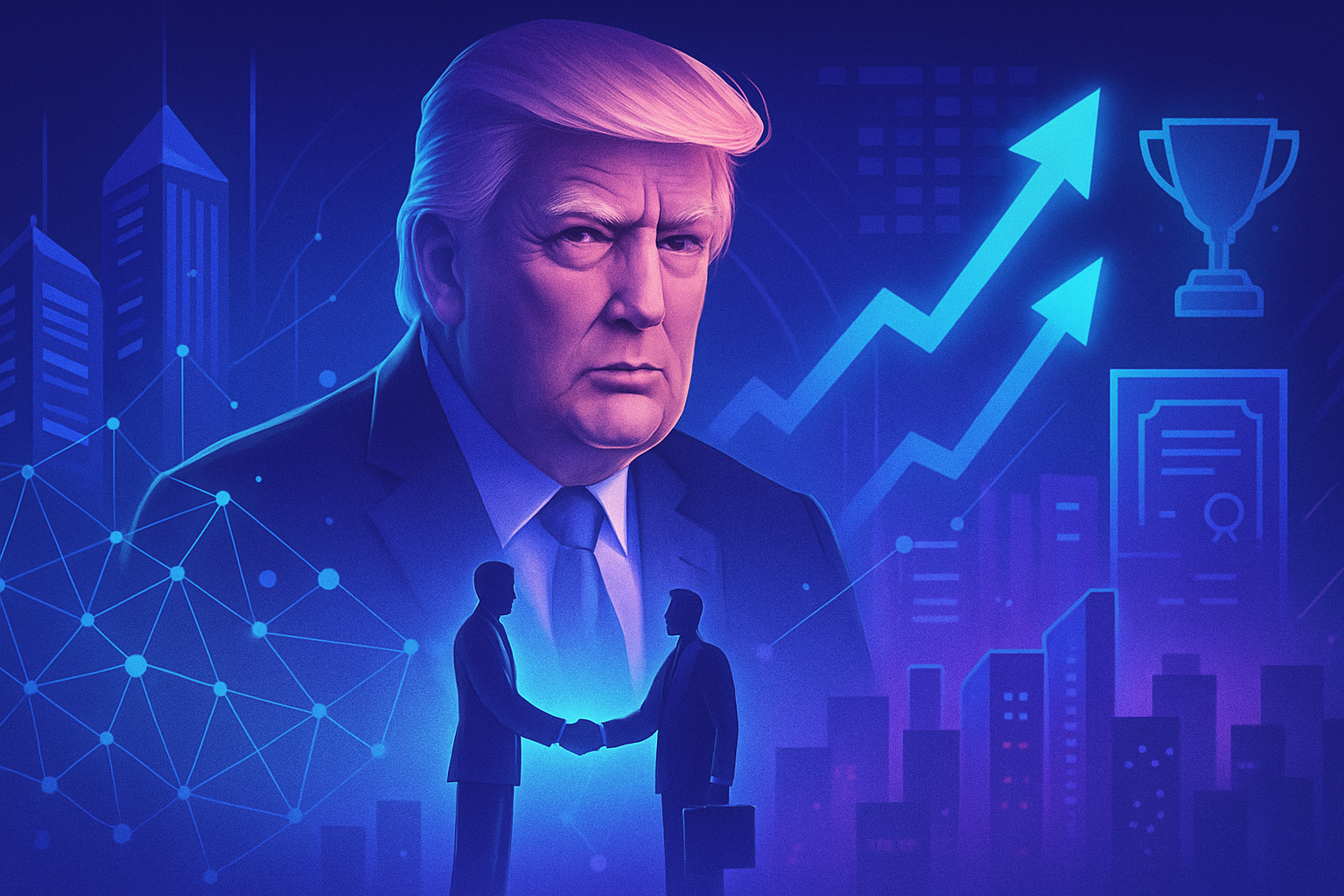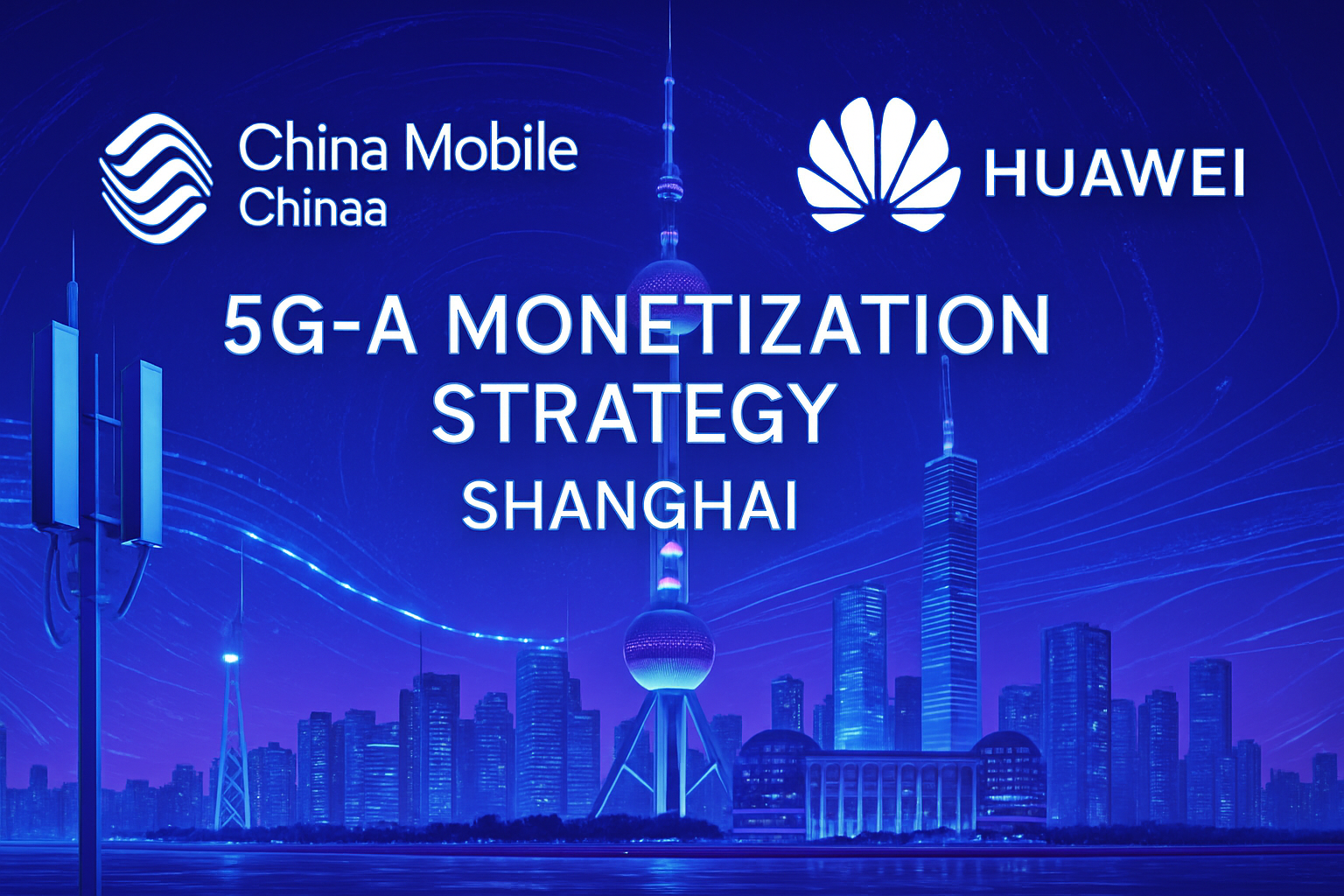Trump’s influence on businesses manifests itself through bold deals. Each negotiation reveals the political chess game at play.
Tariff concessions in exchange for government promises. The president mobilizes key businesses to ensure economic security.
The strategy relies on the International Development Finance Corporation, a key player in the expansion of funds. The current method deviates from the traditional approach, where the government acts as a true facilitator of industrial negotiations.
With an eye on the 2026 elections, Trump triggers a new economic momentum, aiming for concrete results. The desire to finalize agreements spans various critical sectors, shaping the future of American businesses.
Influence Strategies in Trade Negotiations
The Trump administration is actively working to finalize agreements with essential businesses, affecting up to 30 diverse sectors. This approach aims to strengthen national security and stimulate the American economy. Discussions are intensifying with many companies deemed strategic, revealing the administration’s desire to engage in crucial business matters.
Concessions and Tariff Benefits
To encourage businesses to sign agreements, the administration offers tariff relief in exchange for various concessions. These concessions may include revenue guarantees or stakes in struggling companies. The negotiations are framed within both economic and political contexts, carrying a goal of gains before the midterm elections in 2026.
Official Announcements and Their Impact
Trump recently announced that he has reached an agreement with Pfizer’s CEO, Albert Bourla, to reduce drug prices while ensuring tariff relief. This initiative highlights the administration’s ability to leverage broad governmental powers as a negotiating tool. By banking on announcements made directly from the White House, the executive branch bolsters its image as an effective and strategic negotiator.
Pressures on Other Companies
Other companies, such as Eli Lilly, are facing public pressure after announcing their investments without presidential involvement. This framing of communication reflects the White House’s desire to control the public image of its industrial partnerships. Each announcement becomes an opportunity to showcase the government’s efforts to negotiate better and defend national interests.
The Role of the International Development Finance Corporation
The International Development Finance Corporation, a key player in these initiatives, seeks to expand its prerogatives. With a target of $250 billion in funding, it aims to support critical sectors. These efforts mark a break from the traditional passive approach of the United States, favoring a proactive stance by federal agencies as intermediaries in various industries ranging from semiconductors to essential mineral resources.
Initiatives from the Department of Commerce
The launch of a new Investment Accelerator by the Department of Commerce illustrates this paradigm shift. This program encourages investments in key sectors, enhancing interaction between the government and the private sector. Federal agencies are taking an active role, acting as facilitators in achieving agreements intended to transform the American economic landscape.
The actions taken by the Trump administration reveal a willingness to manipulate economic mechanisms for its political strategy, thus creating opportunities while changing the traditional relationship between the state and businesses.
Frequently Asked Questions about Trump’s Influence in Encouraging Businesses to Enter Agreements
How does the Trump administration use concessions to encourage businesses to enter agreements?
The administration offers tariff relief in exchange for concessions to prompt several businesses to collaborate on agreements deemed critical for national and economic security.
What industries are targeted by the Trump administration in its agreement initiatives?
The administration seeks to finalize agreements in up to 30 different sectors, including semiconductors, critical minerals, energy, pharmaceuticals, and maritime transport.
What role does the International Development Finance Corporation play in the agreement process?
The International Development Finance Corporation seeks to obtain expanded powers and $250 billion in funding to support sectors deemed essential, thus acting as a key player in the framework of agreement negotiations.
How does the White House influence communication about agreements with businesses?
Officials encourage announcements of agreements to be made directly from the White House to enhance Trump’s image as the chief negotiator, which contributes to the attractiveness perception of the agreements.
How does the Trump administration handle investment announcements from businesses?
Companies, like Eli Lilly, find themselves under pressure to involve the presidency in investment announcements to ensure that these agreements meet the administration’s policy expectations.
Why is the agreement between Trump and Pfizer significant in the negotiation strategy?
This agreement is viewed as a strong example of Trump’s efforts to utilize governmental influence to lower drug prices while ensuring tariff concessions, illustrating the dynamics of ongoing negotiations.






